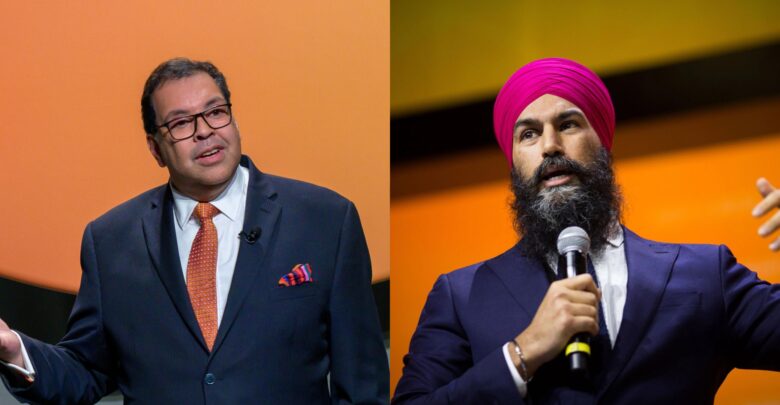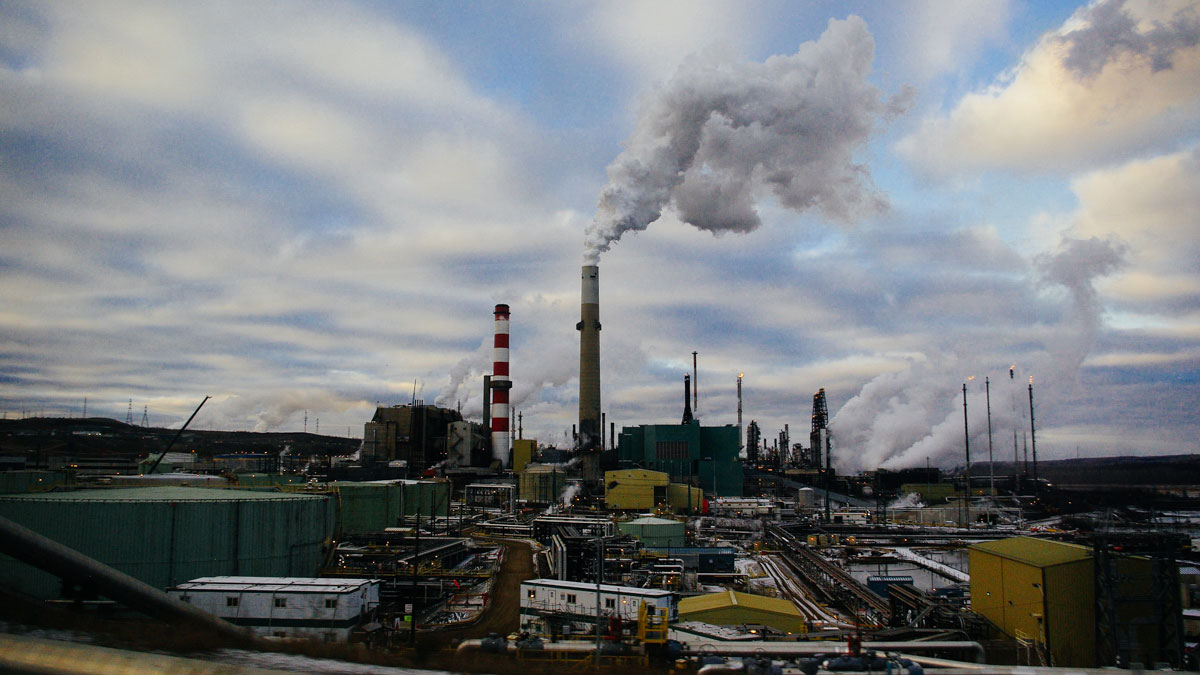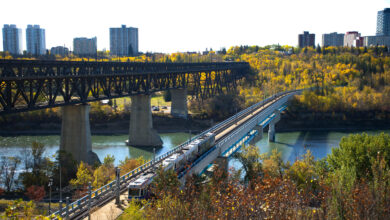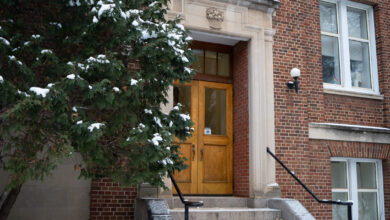To split or not to split — the Alberta NDP’s big question
A split from the federal NDP would likely do more harm than good for the Alberta NDP.
 Supplied
SuppliedIn Canada’s current political climate, it’s largely uncommon for provincial and federal parties to be closely affiliated with each other. But the New Democratic Party (NDP) is an exception to that norm. When members join a provincial NDP party, they also become a member of the federal party. This gives the party a larger and formally-connected base that other parties lack.
But with Naheed Nenshi as the new leader of the Alberta NDP, that might change. Nenshi has been open to the idea of separating the Alberta NDP from the federal branch, if not in favour of it. But the separation wouldn’t solve the Alberta NDP’s problems — it would likely just create more of them.
The Alberta NDP and the federal branch’s disagreements on certain issues, especially on environmental policies, fuel the desire to separate. Alberta’s economic dependence on oil and gas makes the Alberta NDP more cautious about transitioning away from fossil fuels, whereas the federal NDP vocally opposes oil and gas.
The Trans Mountain pipeline project strained the relationship between the Alberta NDP and the federal NDP. While the Alberta NDP fully backed it, federal NDP leader Jagmeet Singh was against the project. This soured some Albertans’ feelings about the federal NDP.
Worry that association with the federal NDP is deterring Albertans from voting for the Alberta NDP has only gotten worse. Opponents to the NDP make nonsensical statements that the Alberta branch is under the thumb of Singh and the NDP-Liberal Party supply-and-confidence agreement. United Conservative Party (UCP) leader and Alberta Premier Danielle Smith has said there’s a “Notley-Singh-Trudeau alliance” that undermines the province and its economy. The UCP has continued to push this idea with the new leader, calling Nenshi “Trudeau’s choice for Alberta.” This fuels desire to separate from the federal party even further.
Despite all this, there are practical and ideological reasons to keep the parties linked. One reason is that the Alberta NDP shares membership, volunteers, and campaign resources with the federal party. Party volunteers help out with election campaigns across various provinces and during federal elections as well. At best, the Alberta NDP would lose access to resources from other provincial NDPs. At worst, it could anger federal NDP supporters or left-wing Albertans, who form a substantial part of the party’s base and could split the vote in the next election. A split vote on the left has led to a conservative victory in other provinces. The Alberta NDP can’t afford that happening to them if it wants to win the next election.
The reasoning of differences in ideology between the federal and provincial NDP doesn’t hold either. While the Alberta NDP’s policies and base may differ from the federal NDP, other provincial NDP parties encounter this too. Notably, the Saskatchewan NDP has differences from the federal NDP much like the Alberta NDP. Similar to Alberta, Saskatchewan’s economy depends on oil and gas, which has lead to disagreements with the federal branch. But even during the Saskatchewan NDP’s disagreements with the federal party, and even when it got worse results than the Alberta NDP did in the 2023 election, it’s never considered a split. Instead it’s focusing on outreach to connect with potential supporters, something the Alberta NDP should focus on rather than driving supporters away.
The association between the provincial and federal NDP has actually proven to be mutually beneficial. In 2015, Rachel Notley’s NDP successfully won the provincial election. At the same time, the federal NDP polled at its highest in history, which brought it very close to forming government. In 2021, Notley and Singh both campaigned for Blake Desjarlais, who won the federal NDP another seat in Alberta. This clearly shows that the NDP is strongest when it works together, rather than against each other.
If the Alberta NDP were to separate from the federal NDP and keep the NDP name, voters and political opponents could still associate the party with Singh, or even Prime Minister Justin Trudeau. That likely wouldn’t change. What would change is that the party would lose the support and resources it has for elections. And if the party did change its name, it would lose name recognition among voters and could drive left-wing Albertans out of the party. This combination of factors could be just enough for another UCP win in the 2027 provincial election.
Across the world, the far-right is growing in power. Many far-right parties have a growing degree of coordination with each other. Alberta and Canada is no different. That makes it all the more important for the NDP to maintain a united front. Disagreements over oil and gas and UCP attack ads shouldn’t take away from the fact that all NDP branches are focused on improving the lives of Canadians across the board.




